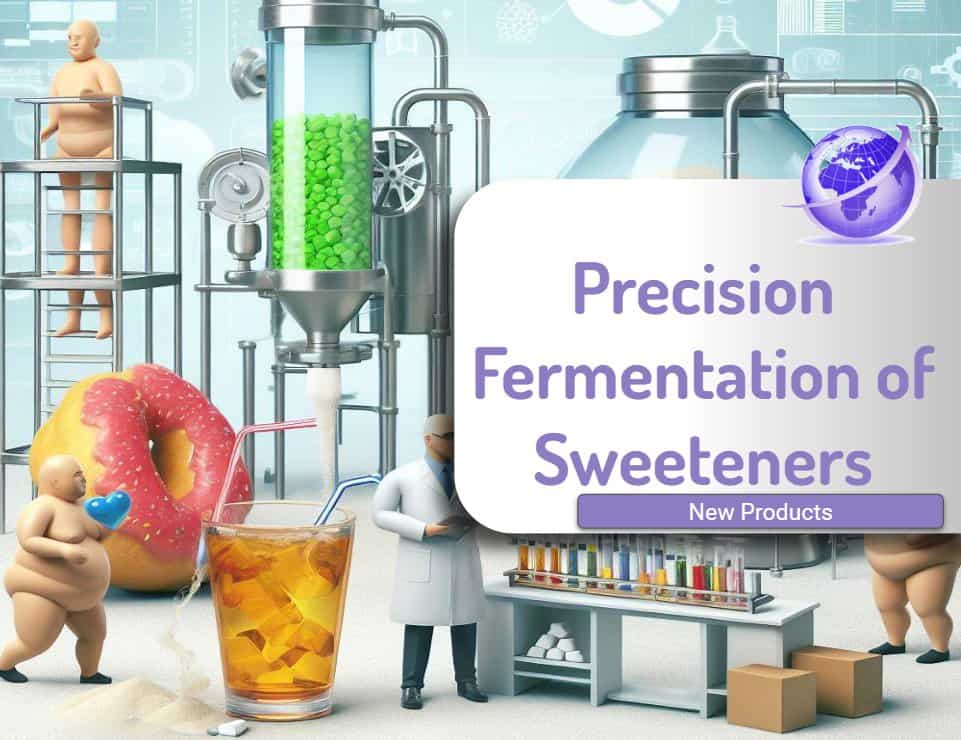Food and agriculture disruption by fermentation is already here. The manufacture of protein and fat using precision fermentation will reduce agriculture by 90%. So says George Monbiot in his book Regenesis Feeding the world without Devouring the Planet (Amazon).
Tony Seba from RethinkX discusses food in his disruption theory of 8 technologies, 3 disruptions. Food Disruption is Happening details some of the drivers for the change and Monbiot adds to the discussion.
For further discussion, check out the latest post on food disruption by Dr Adam Dorr from RethinkX Brighter: Optimism, Progress and the Future of Environmentalism
Examples of Food and Agriculture Disruption
Monbiot says it is time to change how we get our food. Farming is degrading our soils and people are still going hungry! Listen here to the podcast from The Guardian on June 2, 2022,
“Ninety-nine percent of our calories come from soil. Everything we are, everything we have built, everything in our lives comes from the soil. Without it, we’re finished and yet, we treat it with extreme disrespect and disregard.”
George Monbiot Regenesis: Feeding the World Without Devouring the Planet 2022
Monbiot argues we need to pursue revolutionary ways of getting our sustenance. Precision fermentation is when proteins and fats are produced in microbreweries. This enables us to feed the world, contribute to climate action effectively and save our soils.
Fish Fillets from 3D Printing
Israel’s Steakholder Foods (formerly MeaTech 3D) has brought us a lab-grown steak and lab-grown Wagyu beef morsels. Now, it has produced what it says are the world’s first whole fillets of cultivated fish … grouper, to be precise.
The partnership between Steakholder Foods and Singapore’s Umami Meats created the grouper fillets. The Umami Meats supplied natural grouper cells, which Steakholder cultivated and incorporated into a 3D-printable bio-ink
Read more in New Atlas here or from the source at Steakholder Foods

Farming is worlds Greatest Environmental Destruction
Farming is the world’s greatest cause of environmental destruction says Monbiot. We don’t want to talk about the destruction. We have ploughed, fenced and grazed great tracts of the planet, felling forests, killing wildlife, and poisoning rivers and oceans to feed ourselves. Millions still go hungry.
Monbiot supports Tony Seba’s proposition that the scientific breakthrough in precision fermentation will allow us to grow more food with less farming. He says from the farmers who are freeing the land from ploughs and poisons to the scientists who are finding new ways to grow protein, fats and carbohydrate in the lab – arguments about plant-vs meat-based diets are ultimately irrelevant.

Interesting Data from Monbiots book
- Humanity has not produced as much food as it has over the past 20 years yet the number of people going hungry has increased
- 70% of the soils are degraded, and 2 billion people are living in those degraded soil ares
- The green revolution has created all sorts of food
- We are living on borrowed time soils and systems will collapse.
- We talk about cutting food wastes. However, the most that can be saved is 5%
- Changing from meat products to plant products would increase food supply by 80%
- Half the food we produce goes to feeding livestock and pasture feed
Soil Health
Soil degradation globally is a major problem. No tillage can help, but the major rectificaiton is to stop farming.
Land Use
- Key environmental inputs is land use
- About 12% of world is used to grow crops
- 28% for animal grazing livestock
- Animal 1% of worlds protein.
- Organic farm animals exerbates land
- 270% more land
- Every forest
- No sustainable animal pasture grazing






